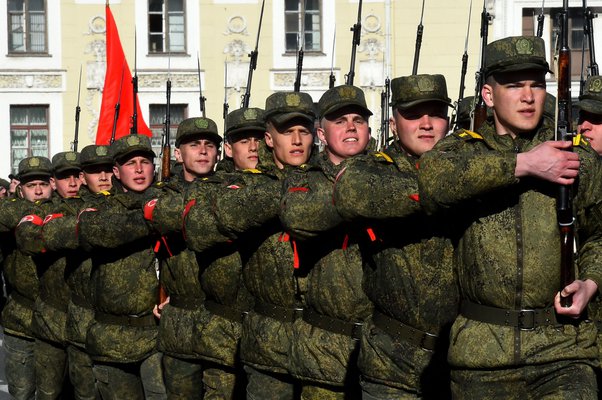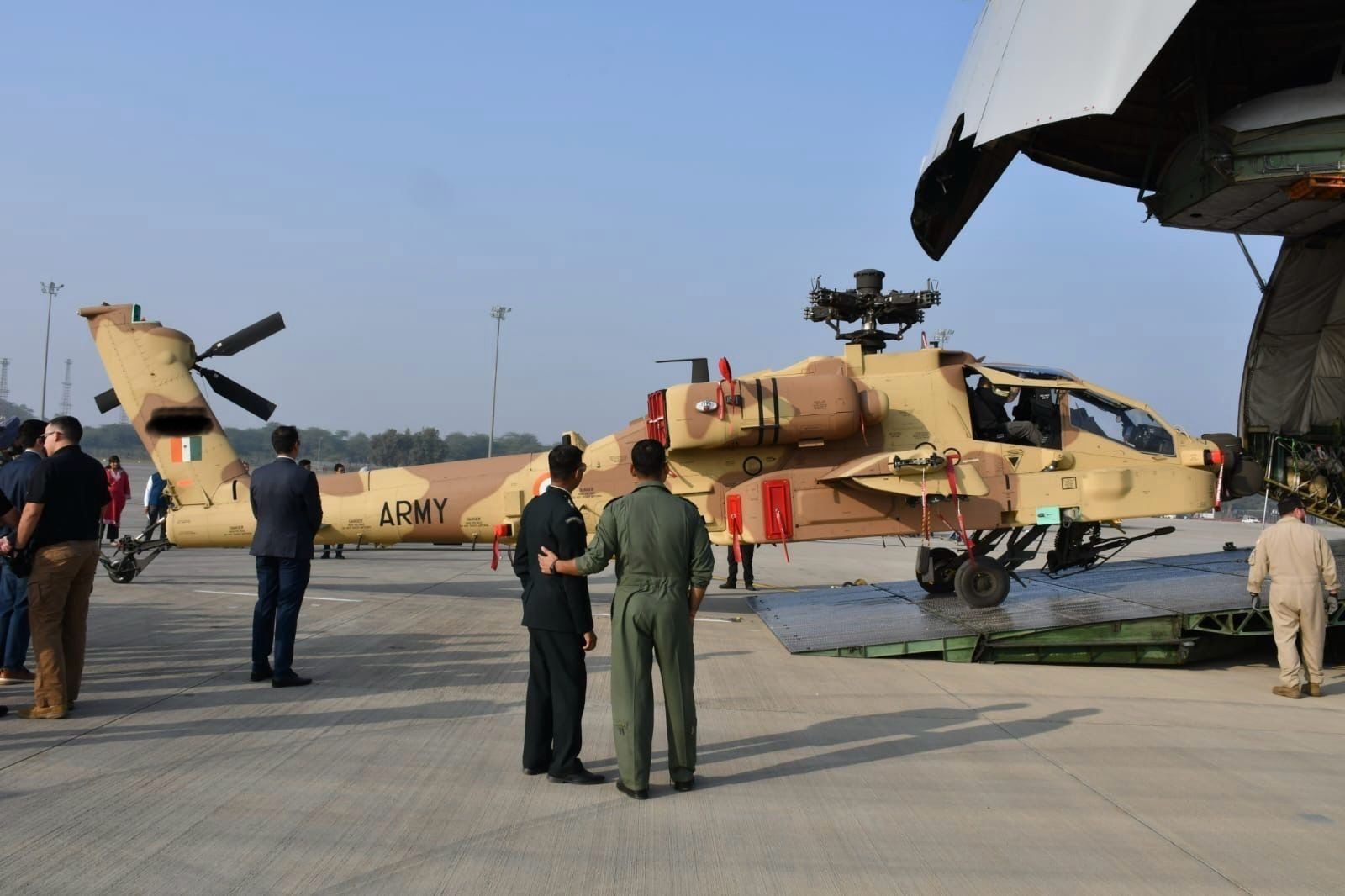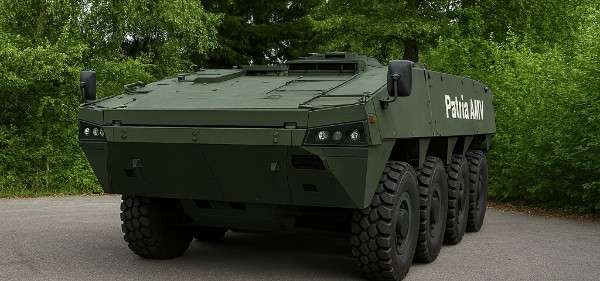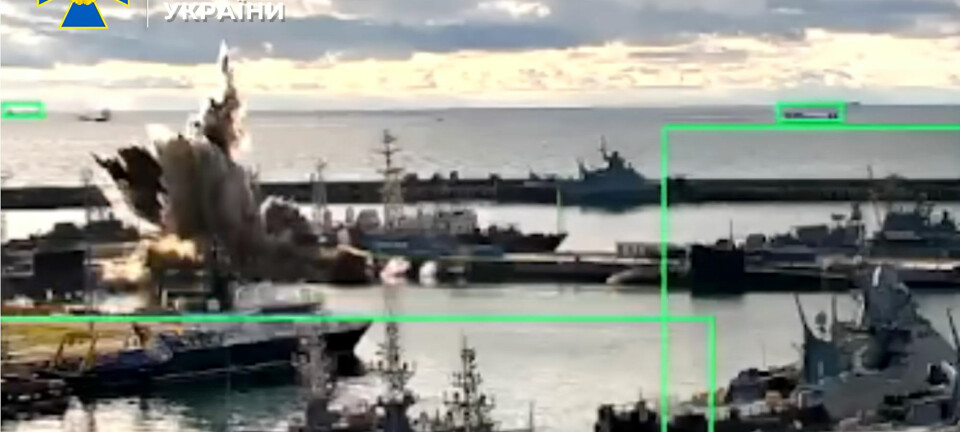To be clear, this is not an apology for the Russian Army. With its initial attempt at maneuver warfare breaking down into farce, the Russian Army is now using the same attritional strategy used by German commanders at Verdun – with significantly less professionalism or finesse. Attacks continue to be poorly executed and excessively costly, with the result that Putin is resorting to ever more desperate measures in order to acquire manpower, and is beholding himself to China in order to acquire material. All the while his grip on the Russian state weakens, as demonstrated by the Moscow concert attacks.
Despite all of that, we in the West need to accept that Russia has been able to gain the initiative by marrying attritional doctrine with adept geo-strategy. It has been able to bypass the tactical and operational proficiency of the Ukrainian military almost entirely, by instead attacking Ukraine’s strategic center of gravity – its supply lines from the West. Success in this venture has allowed Russia to force Ukraine to fight a style of war that is within the Russian Army’s limited capabilities.
The implications for Ukraine, and for peace in Europe, are grim. If this situation is to be rectified, policymakers first need to understand how Russia’s formula for victory works.
Firstly, the attritional doctrine has been highly successful at exploiting the paucity of Western munitions stockpiles. Clinging to a businessman’s “just in time” mindset, NATO and EU defense officials throughout the Cold War and the War on Terror refused to invest in large stockpiles of reserve equipment, preferring instead to sell off or destroy anything that was not state-of-the-art.
This policy has resulted in NATO arsenals being hopelessly undersupplied in everything that the military needs to fight a sustained conventional war. It has also led to an atrophied and over-specialized defense industry across Europe and Canada, one which has proven incapable of scaling up production to anything approaching the necessary levels. Even the United States has largely exhausted its spare stockpile and is holding back what is left for fear of conflict with China.
It is these same arsenals that Ukraine, with its own defense industry crippled by years of neglect, relies on for the vast majority of its munitions. Without extensive, sustainable supplies of advanced NATO equipment that can outrange Russian artillery, Ukraine finds its forces being whittled away by an enemy who has enormous Soviet-era munitions stockpiles, not to mention access to those of China and North Korea.
Secondly, Russia has proven itself to be a master of exploiting legacy soft power in the developing world. While the Cold War-era United States pursued a short-sighted policy of backing either unpopular military dictators or corrupt pseudo-democracies, the USSR preferred to support populist movements that had far broader appeal within developing nations. Further questionable decisions, such as invading Iraq in 2003, have needlessly damaged America’s image in vital strategic regions.
Across Asia, Africa, and Latin America, the heirs of these populist movements are now in power and tend either towards a left-wing skepticism of the United States rooted in the misdeeds of the Cold War, or a right-wing admiration for ultraconservative Russia rooted in similar social and religious values. Even for those nations who profess neutrality, there is a deep-seated distrust. Indian officers and policymakers, for example, have never forgotten how America backed Pakistan during the 1971 war.
The result is that potential sources of munitions for Ukraine – the masses of Soviet caliber artillery shells across Africa and Asia, for example – have been closed off completely. Even attempts to secure munitions in a roundabout way, as in America’s attempted deal with Peru, have fallen flat due to Russian diplomatic intervention.
Thirdly, and most damaging of all, Russia’s intelligence and propaganda services have proven themselves to be masters of disinformation and political interference. Funded and developed over the course of decades, Russian “troll farms” and misinformation campaigns have successfully penetrated the American and European political spheres and have deftly exploited old divisions.
Two NATO members – Slovakia and Hungary – are now controlled by pro-Kremlin governments, while in America, Republican politicians openly admit that many of their voters, and indeed some of their colleagues, want Russia to win.
This has led to further strangulation of Ukraine’s supply lines, as these pro-Russian elements have done everything in their power to stonewall any further aid to Ukraine, and to sabotage any attempt at building viable international coalitions. Some, like Marjorie Taylor Green, have become active spreaders of pro-Russian sentiment amongst the American voting base.
If Ukraine is to survive this war as a viable independent state, then strategists in NATO and the EU must find a way to target Russia’s own strategic center of gravity – the stability and security of its regime. Attempts to do so via sanctions have proven unsuccessful, while Ukrainian sabotage operations within Russia have had only marginal effects on Russia’s capacity to wage war.
The only way to attack Russia’s center of gravity, therefore, is to cripple its ability to target Ukraine. By stymieing Russian attempts to interfere with Ukraine’s supply line, policymakers in NATO and the EU can transform the battlefield back into one that favors Ukrainian superiority in leadership and training.
There is, however, a catch. In order to do this, Western governments will have to accept that the rules-based international order is on hiatus, and begin taking legal and political steps that have not been seen since the Second World War.
In the first instance, attempts to tackle misinformation must be given the force of law. A new definition of sedition will have to be drafted and entered into legal statutes, and prosecutions of those responsible for wilfully spreading falsehoods must take place. Pro-Putin bloggers like Graham Philips must be made to understand that freedom of speech does not extend to treason.
Secondly, governments will have to consider taking unilateral moves with regard to defense industries and weapons supplies. It may be necessary to nationalize defense manufacturers or even to nationalize manufacturers in adjacent industries in order to repurpose them for munitions manufacturing, as was done during both World Wars. This time around, the process will be complicated both by the highly specialized nature of modern munitions and the requirement for highly skilled personnel. This in turn may necessitate the foundation of conversion courses for engineers,, and expedited recruitment processes for talented individuals. Machinery will have to be ordered and paid for by the government itself, while suitable facilities will have to be acquired through compulsory purchase.
Thirdly, NATO and the EU must begin active operations in Africa and Asia in order to win over opinion in these countries. The Ukrainians themselves have already shown the way, with Ukrainian special forces providing direct fighting support to the Sudanese government against Russian mercenaries. Escalatory though this might seem, there is in fact a precedent for it – in Syria in 2018, US Special Forces engaged and decimated a strike force led by Russian military contractors. Russia’s reaction was loud condemnation, followed by an immediate wariness of confronting American units head-on.
While NATO cannot engage Russian regular forces in Europe for fear of nuclear escalation, that is no reason to permit Russian mercenaries to operate with impunity in Africa. Wagner Group has committed multiple horrific atrocities during its time operating on the African continent, and there is no reason why Western agencies should not be making sure that ordinary people across the world are aware of this, nor is there any reason why NATO Special Forces and military contractors shouldn’t be actively engaging and destroying these agents of Kremlin influence wherever they find them.
Politically frightening though these propositions may be, they offer Ukraine a realistic chance of success. The Russian Army remains a deeply flawed instrument, with inadequate training, unsophisticated tactics, outdated equipment, and a pedestrian, top-down command structure rife with corruption, incompetence, and toxicity. So far, it has been able to compensate for this through the weight of fire and deep defences, while clever Russian diplomacy and psy-ops have crippled Ukraine’s ability to respond. All the West has to do is nip those operations in the bud, and get adequate supplies of munitions through to Ukraine, and victory can be all but guaranteed.
Sources:
The Trouble With JIT in Military Operations: a Review – Canada.ca
Russian Soft Power Influence in Africa — THE INTERNATIONAL AFFAIRS REVIEW (iar-gwu.org)
As U.S. Popularity Declines, Putin Gains Foothold in Latin America (newsweek.com)
Americas: US loses popularity in Latin America – WELT
Russian Mercenaries Are Driving War Crimes in Africa, U.N. Says – The New York Times (nytimes.com)
How Putin Co-Opted the Republican Party | TIME
Why some EU countries in the east are still pro-Russia | Russia-Ukraine war | Al Jazeera

Table of Contents
ToggleWilliam Morris
William Morris is an independent researcher in Britain. His primary field of research is home defence, national readiness and historical defence organisations.
- William Morris













